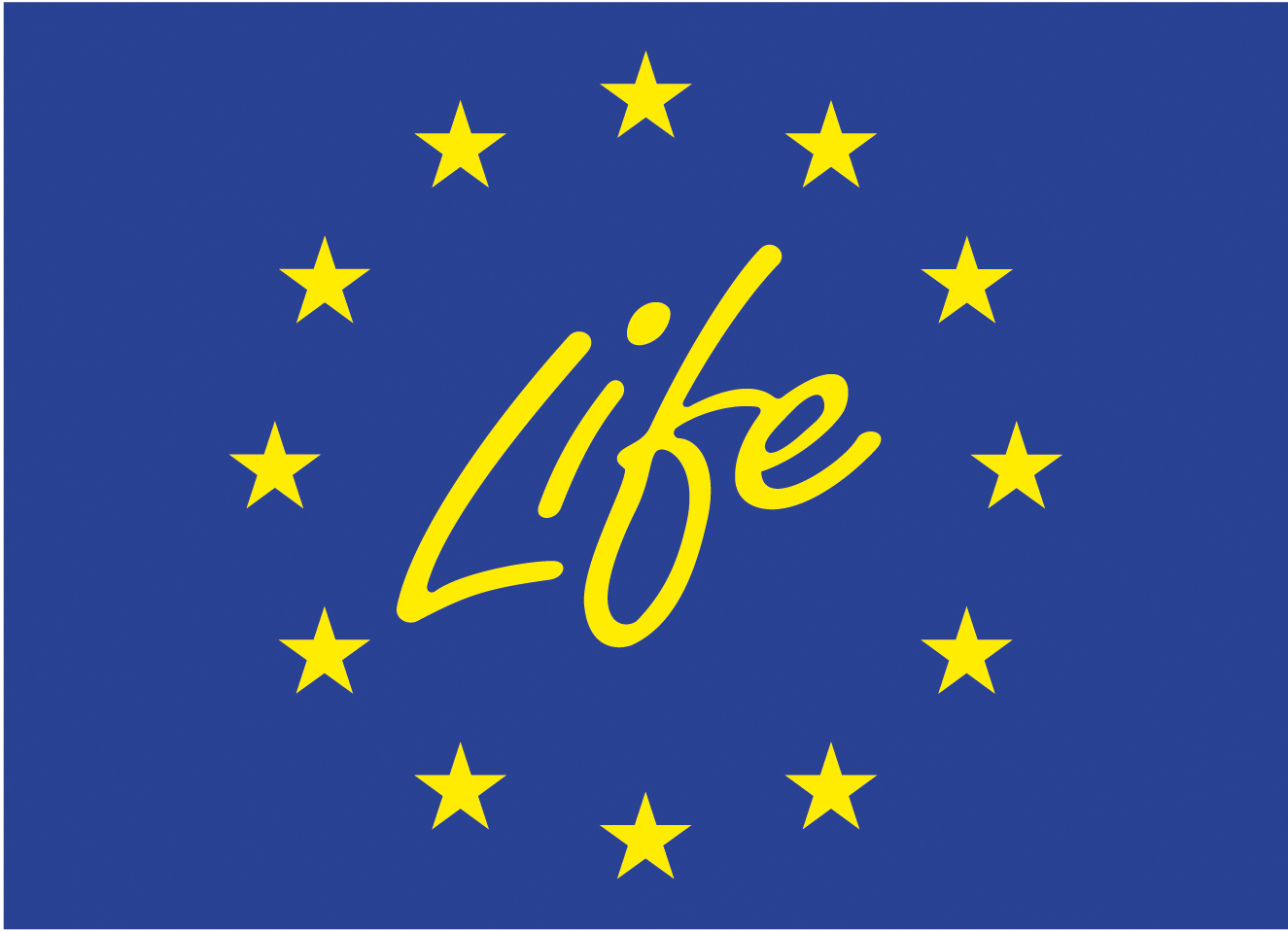Member States call for ‘new impact assessment’ on the Pesticides Regulation (SUR), delaying strict EU pesticide regulation
On 19 December, Member States1 voted in favour of requesting complementary data to the existing impact assessment the Commission carried out with regards to the Sustainable Use of Plant Protection Products (PPP) Regulation (SUR).
Countries use the pretext of food security to delay EU pesticide regulation
In its decision, the Council states it is “concerned that the impact assessment accompanying the proposal does not consider the possible long d that the impact assessment accompanying the proposal term impacts of the proposed Regulation on the food security in the Union” as it was undertaken prior to the war in Ukraine. The Ministers requested:
- Quantitative impacts on food production, in particular the possible yield gap triggered by the pesticide reduction;
- An analysis of the consequences of the SUR’s implementation on the availability of food and feed in the EU;
- The potential impact of the SUR’s implementation on food and feed prices;
- The quantified impacts of increased administrative burden on competitiveness and profitability of small and medium sized farms;
- The availability of alternatives to PPP and the potential increased risk of introduction and spread of harmful organisms in the EU due to the limited availability of alternative means;
- The quantification of the impact of banning the use of PPP in sensitive areas;
- The quantification of the impacts of the proposed restriction concerning the use of PPP on forest stands and forest dependent biodiversity.
The Commission will have to perform another impact assessment and publish additional data mid-June 2023 (6 months following this Decision enters into force).
Postponing = derailing crucial negotiations + endangering our biodiversity
Eric Gall, IFOAM Organics Europe’s Policy Manager states: “Some Member States’ attempts to derail negotiations on the SUR are irresponsible and in blatant contradiction with the agreement just concluded at the COP15 on biodiversity. Pesticide reduction is essential to safeguard what’s left of biodiversity on this planet, and organic farmers are proving every day that it is possible to produce enough food without synthetic pesticides. The organic movement urges the upcoming Swedish Presidency of the Council of the European Union to proceed swiftly and constructively with the negotiations on pesticides reduction, in the interest of European farmers, citizens, and biodiversity.”
A crucial process affecting all EU citizens should be transparent!
The process of this request was not transparent, as explained during our press conference. Where it are the Ministers of Agriculture and/or Environment (depending on the country) who are in charge of this piece of legislation (the SUR), Member States’ Ambassadors decided on this on Saturday 10 December, after which national Transport & Energy Ministers formally adopted the decision by a vote during the EU Council’s Transport & Energy meeting.
Is there still hope for this file?
IFOAM Organics Europe hopes collecting this additional data will not delay further the needed SUR reform and EU institutions will continue working on the SUR. Member States’ officials are still involved in working groups to discuss the SUR proposal and the European Parliament’s rapporteurs and shadow rapporteurs for both Agriculture and Rural Development and Environment Committees are drafting their reports to be published at the end of January the soonest.
In January, IFOAM Organics Europe will publish its position paper gathering the recommendations of the organic movement to enhance the SUR proposal, as well as continue meeting Members of the European Parliaments and their staff and collaborating with like-minded NGOs (read the joint letter 32 organisations signed calling on Ministers and MEPs to support the SUR reform).
Take a deep dive in this topic
- Press release Bold pesticide reduction plan faces attack on Saturday, 6 December 2022 (also available in German)
- Press briefing: EU’s first legally binding pesticide reduction targets under threat (also available in German)
- Video recordings of last week’s press conference are available on our YouTube channel
Additionally, you can also learn more about:
- Civil society’s demands: 1.2 million EU citizens demanding an end to pesticides
- Corporate influence on the EU’s green targets & pesticides
- DeSmog article Flagship EU Green Farming Reforms in Peril as Lobbyists Exploit Ukraine War 9 December 2022
- Corporate Europe Observatory’s work on the EU Farm to Fork Strategy and its targets October 2021
- GLOBAL 2000 & Pesticide Action Network’s report: Pesticide Paradise September 2022
- The new Pesticides Regulation receives cautious welcome by environmental groups 22 June 2022
- Organic and its approach to healthy plants:
- Get informed about organic’s approach to plant health care
- Deep dive into organic’s approach to plant health care
- Have a look at all documents us and like-minded organisations have issued


The work of IFOAM Organics Europe on this topic is co-financed by the LIFE programme of the European Union, under the Climate, Infrastructure and Environment Executive Agency (CINEA). This page only reflects the views of the authors and its sole responsibility lies with IFOAM Organics Europe. The CINEA is not responsible for any use that may be made of the information provided.

